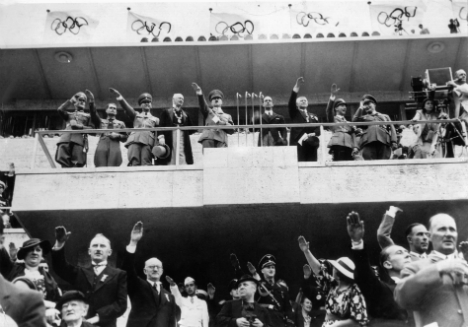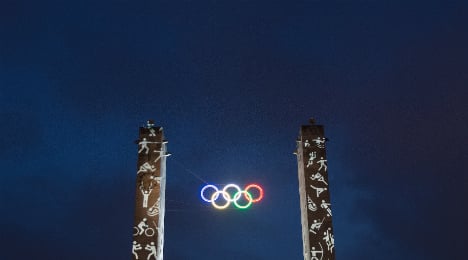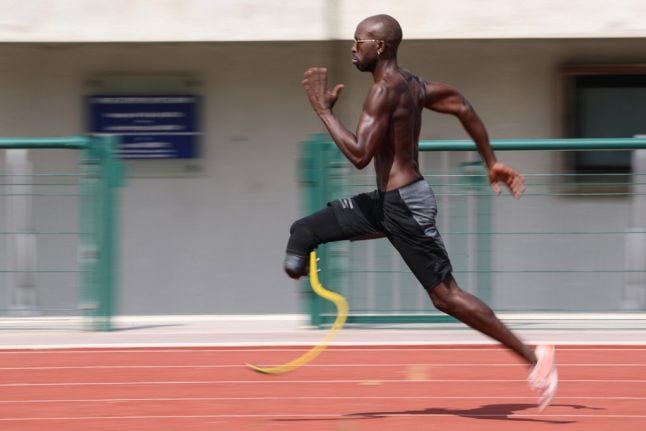The Berliner Morgenpost reported on Sunday that only €1 million will come from city funds, with the remainder made up from funds that already exist in the former of the "Be Berlin" public relations campaign.
The rest of the money will come from private firms, such as Wall, which has already said it would provide billboards at no cost to the city in its bidding hopes.
Michael Vesper, head of the DOSB, told Focus magazine that his committee will announce their choice on March 21 in Frankfurt, although a poll is being conducted in February that could determine the winner.
"We'll then be able to see reliable figures and see where each city stands. Both cities could be the host," Vesper said in an interview published on Saturday.
According to Berlin senate documents, Berlin has already splashed out €234,000 on an ad campaign under the slogan "We want the games!", among other promotional items.
Already, the slogan can be found on Berlin busses, in ad spots on radio and television, as well as on Air Berlin planes and Tegel Airport itself.

Gregor Gysi, a leader of Die Linke (The Left), party, told the Berliner Zeitung last week that he is hoping for a successful Berlin bid as a way to refresh the capital's image.
"I really wish that there will be other pictures of Berlin and Olympics than those of Adolf Hitler," said Gysi, referring to the last time the German capital hosted the games, in 1936, when Hitler and the National Socialist (Nazi) party was in power.
"Everytime Berlin and the Olympics are mentioned together, these old pictures get pulled out again: Hitler on the stage. There must be something new, something different," Gysi said.
"My God, Just think of the (2006) Wold Cup! Those are the pictures we need!"

The Berlin bid committee has already said it would use the Olympic stadium, built for Hitler's games, as the main venue, as well as several other venues from those games nearly 80 years ago.
Tegel would also be a site that would see construction, providing the new airport, the beleaguered Berlin-Brandenburg Airport (BER) actually manages to open.
Hamburg's bid has already promised a new Olympic Stadium, which would see its seating reduced following the games to ensure its future use. Most of the OIympic sites are planned for the Kleiner Grasbrook area.
Munich was the last German city to host the Olympics, in 1972.
The IOC will announce the host city for the 2024 games in 2017.
SEE ALSO: Germans eager to host the games





 Please whitelist us to continue reading.
Please whitelist us to continue reading.
Member comments